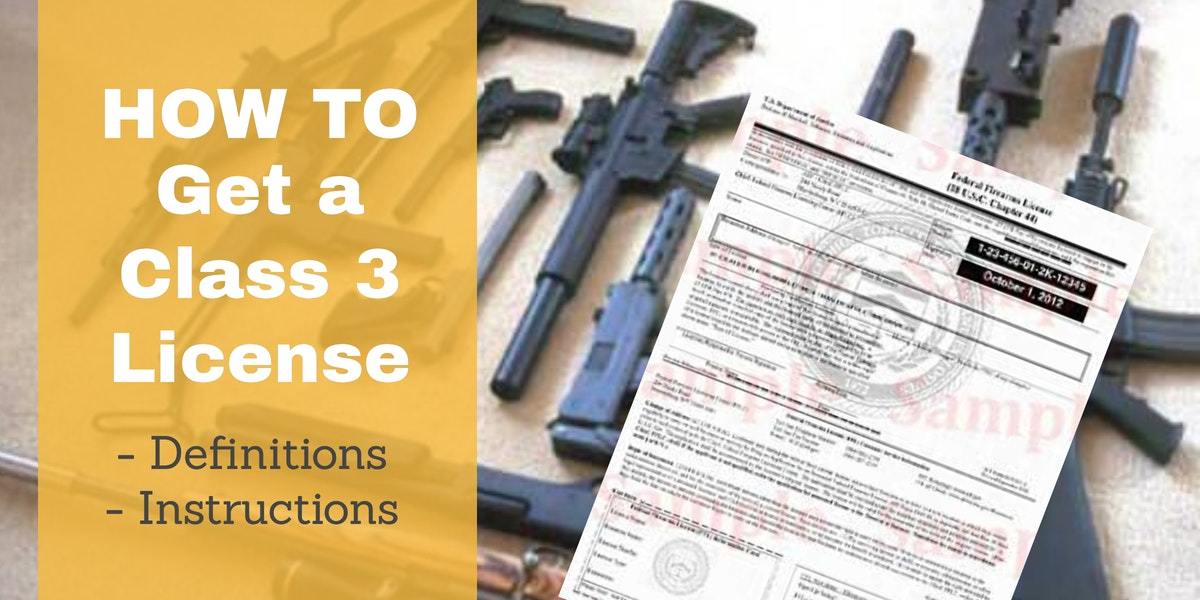The Supreme Court held:
[46]
(1) The Second Amendment protects an individual right to possess a firearm unconnected with service in a militia, and to use that arm for traditionally lawful purposes, such as self-defense within the home. Pp. 2–53.(a) The Amendment’s prefatory clause announces a purpose, but does not limit or expand the scope of the second part, the operative clause. The operative clause’s text and history demonstrate that it connotes an individual right to keep and bear arms. Pp. 2–22.(b) The prefatory clause comports with the Court’s interpretation of the operative clause. The “militia” comprised all males physically capable of acting in concert for the common defense. The Antifederalists feared that the Federal Government would disarm the people in order to disable this citizens’ militia, enabling a politicized standing army or a select militia to rule. The response was to deny Congress power to abridge the ancient right of individuals to keep and bear arms, so that the ideal of a citizens’ militia would be preserved. Pp. 22–28.(c) The Court’s interpretation is confirmed by analogous arms-bearing rights in state constitutions that preceded and immediately followed the Second Amendment. Pp. 28–30.(d) The Second Amendment’s drafting history, while of dubious interpretive worth, reveals three state Second Amendment proposals that unequivocally referred to an individual right to bear arms. Pp. 30–32.(e) Interpretation of the Second Amendment by scholars, courts and legislators, from immediately after its ratification through the late 19th century also supports the Court’s conclusion. Pp. 32–47.(f) None of the Court’s precedents forecloses the Court’s interpretation. Neither
United States v. Cruikshank, 92 U. S. 542, nor
Presser v. Illinois, 116 U. S. 252, refutes the individual-rights interpretation.
United States v. Miller, 307 U. S. 174, does not limit the right to keep and bear arms to militia purposes, but rather limits the type of weapon to which the right applies to those used by the militia, i.e., those in common use for lawful purposes.
DC v Heller, 2008.


